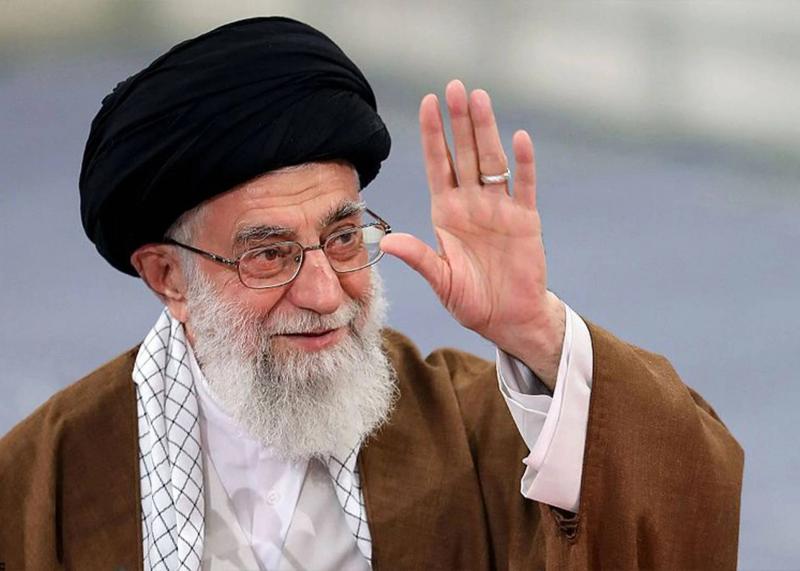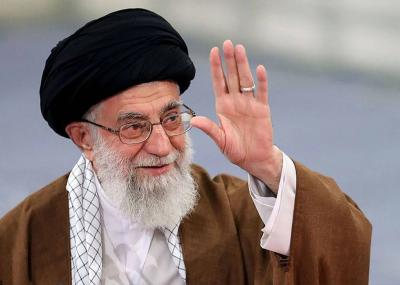Iranian leader Ali Khamenei rejected yielding to the "psychological warfare" in the military sphere from "enemies," implicitly referring to the U.S. sending a "deterrent" force to the region. This came after Western powers warned of increased escalation in the region following an attack on Israel. Khamenei stated, "The enemy's goal of psychological warfare in the military sphere is to instill fear and retreat." He added that "non-tactical retreat in any field, whether military, political, propagandistic, or economic, brings the wrath of God."
Khamenei's remarks followed Tehran's description on Tuesday of Western calls to avoid retaliating against Israel after the killing of Hamas leader Ismail Haniyeh as "audacious" and "devoid of political logic," amid fears of a regional war. Iran has threatened a severe response to Haniyeh's killing, which occurred during his visit to Tehran late last month, accusing Israel of responsibility. Israel has neither confirmed nor denied its involvement, while the U.S. Navy deployed warships and submarines in the Middle East to support Israeli defenses.
The official Khamenei website reported him stating in a meeting with a group of Iranian officials that "the enemies' trick of creating psychological warfare and instilling fear to drive the Iranian people aims to induce retreat in various fields," expressing his belief that "understanding one's own capabilities and avoiding amplifying the enemies' capabilities is the way to confront this trick."
Khamenei stated that Iran "has stood against this war and thwarted it," asserting that "one of the main foundations of psychological warfare (...) lies in amplifying the enemies' capabilities." He accused "enemies" of attempting to convince the Iranian people through various means "to fear the United States, Britain, and Israel."
He warned that "feeling weak and isolated and yielding to the enemy's demands is the result of exaggerating their capabilities in the political sphere," adding that "governments that submit to the demands of the arrogant, if they rely on their people and real capabilities and avoid exaggerating the enemy's capabilities, can reject their demands."
Khamenei also cautioned against adopting the "enemies'" methods in cultural fields, including "feeling emotional and attracted to enemy culture and self-culture, adopting the enemy's way of life, and even using their terms and expressions." Khamenei's remarks were directed towards Iranian Vice President Mohammad Reza Aref and Abbas Salahi, the nominee for the Ministry of Culture. He was implicitly referring to the reinforcements sent by the U.S. due to the rising Iranian threats of a retaliatory attack on Israel following the assassination of Hamas leader Ismail Haniyeh in Tehran.




